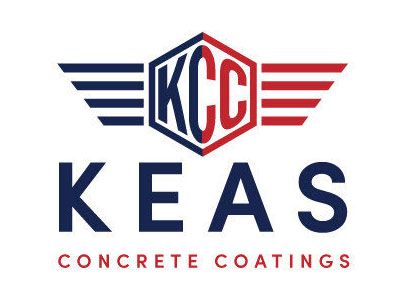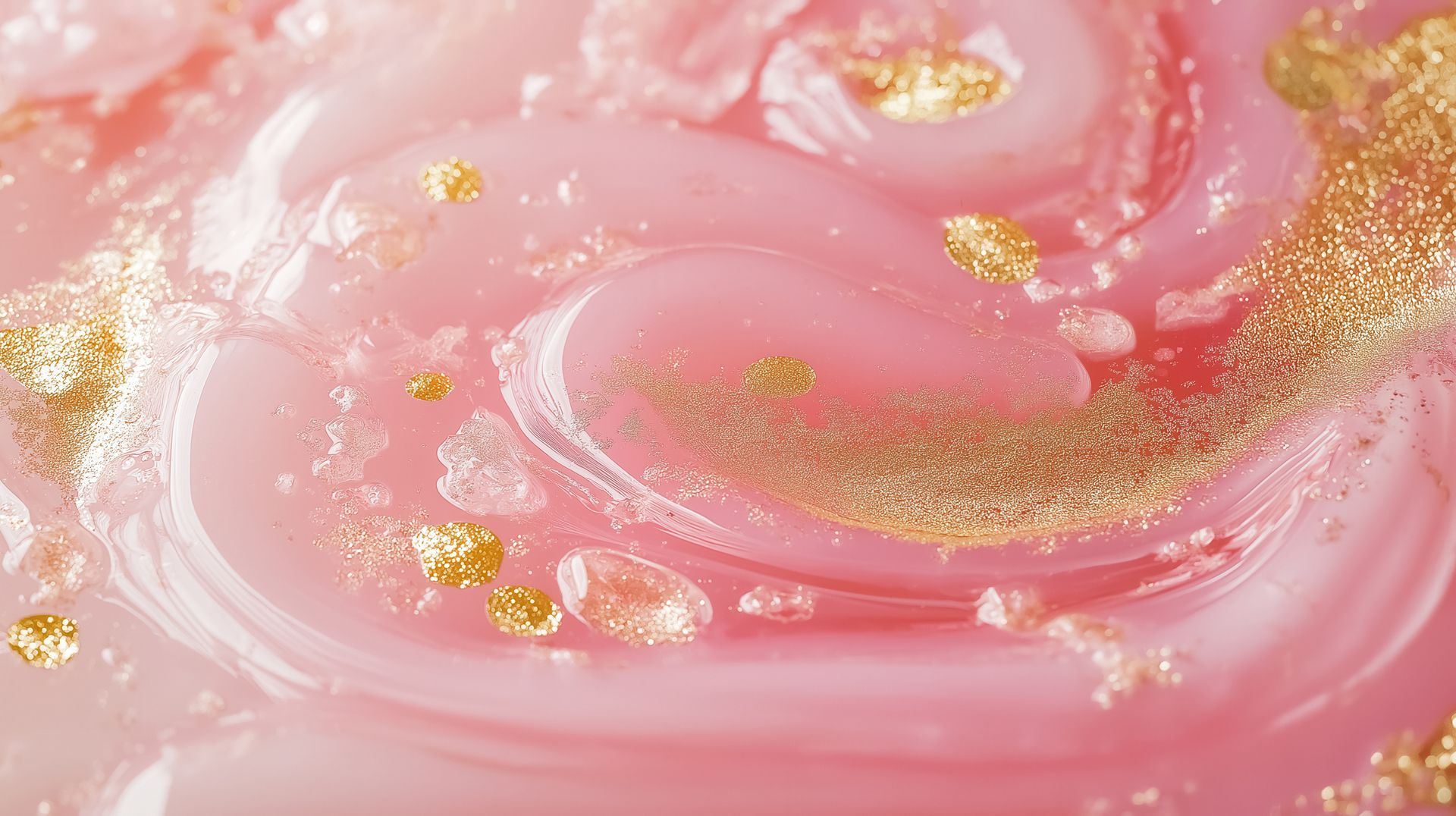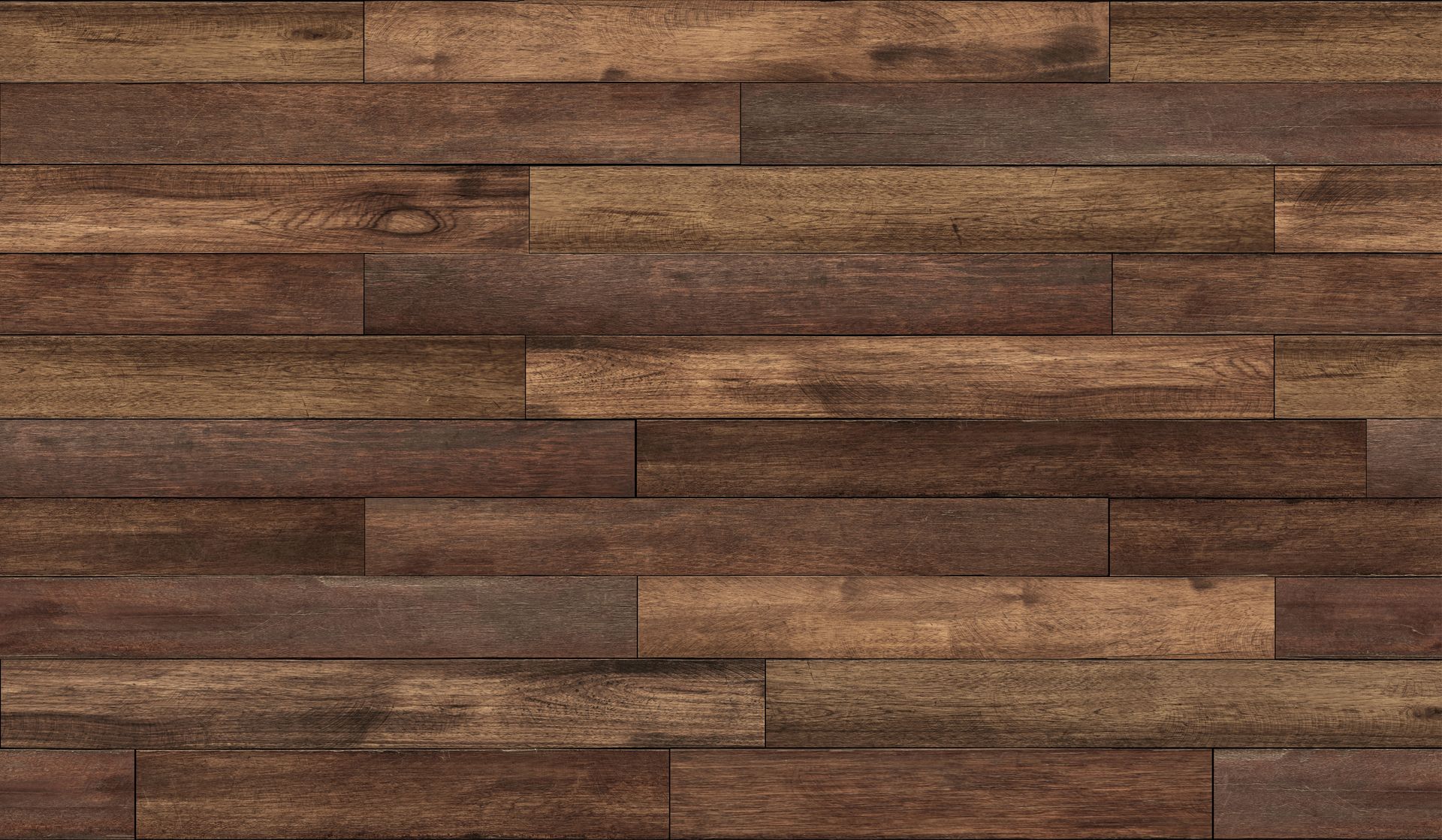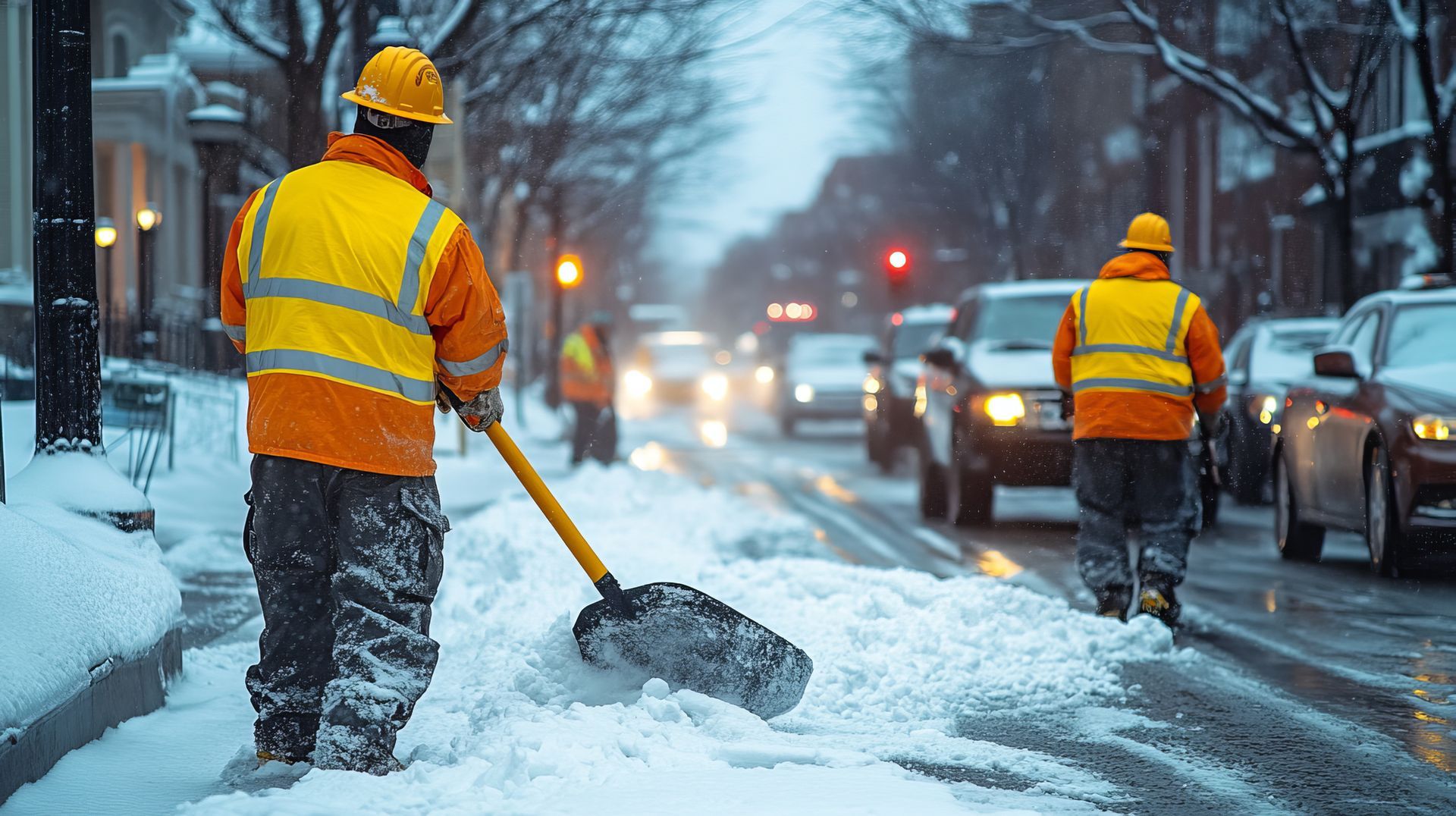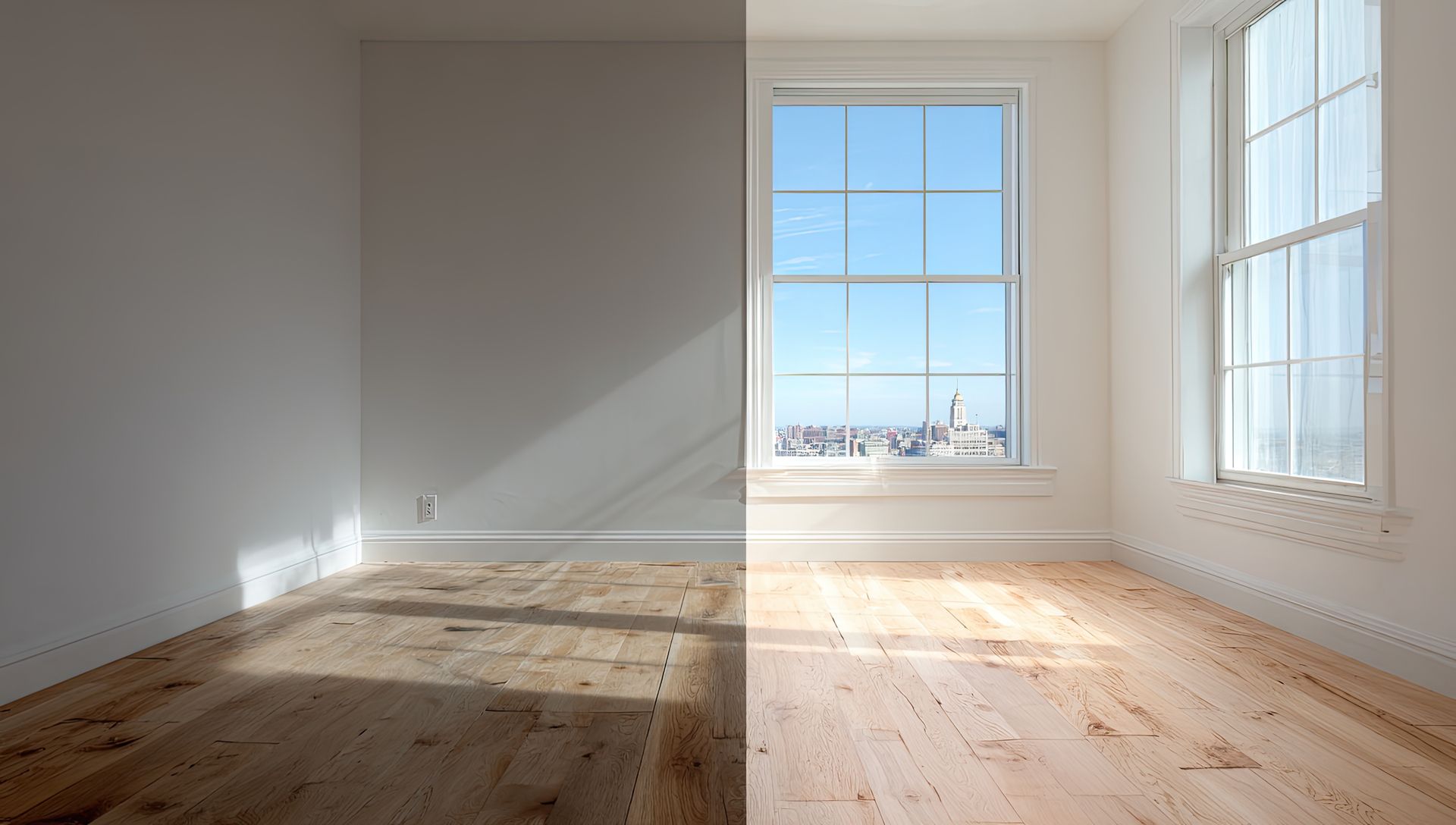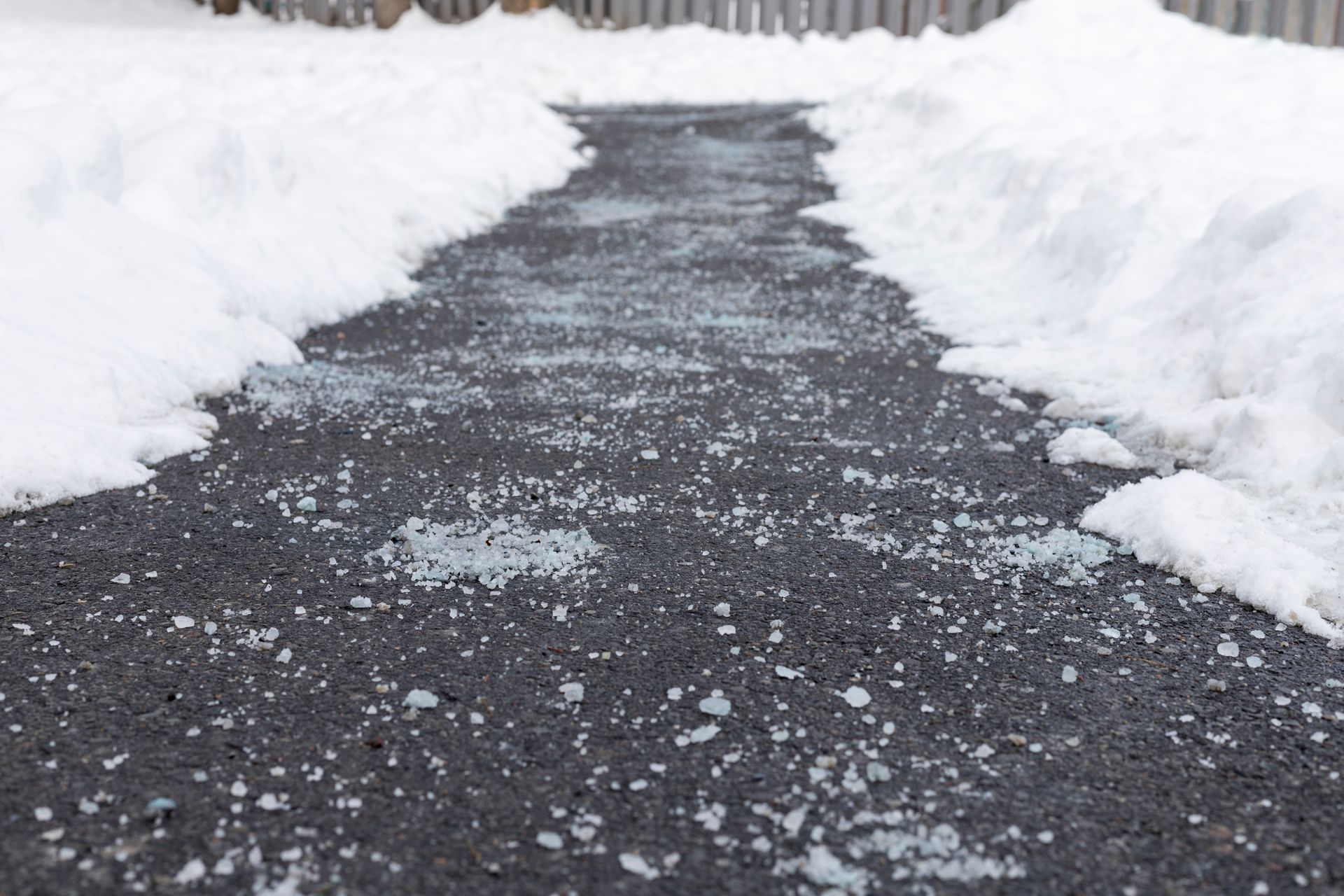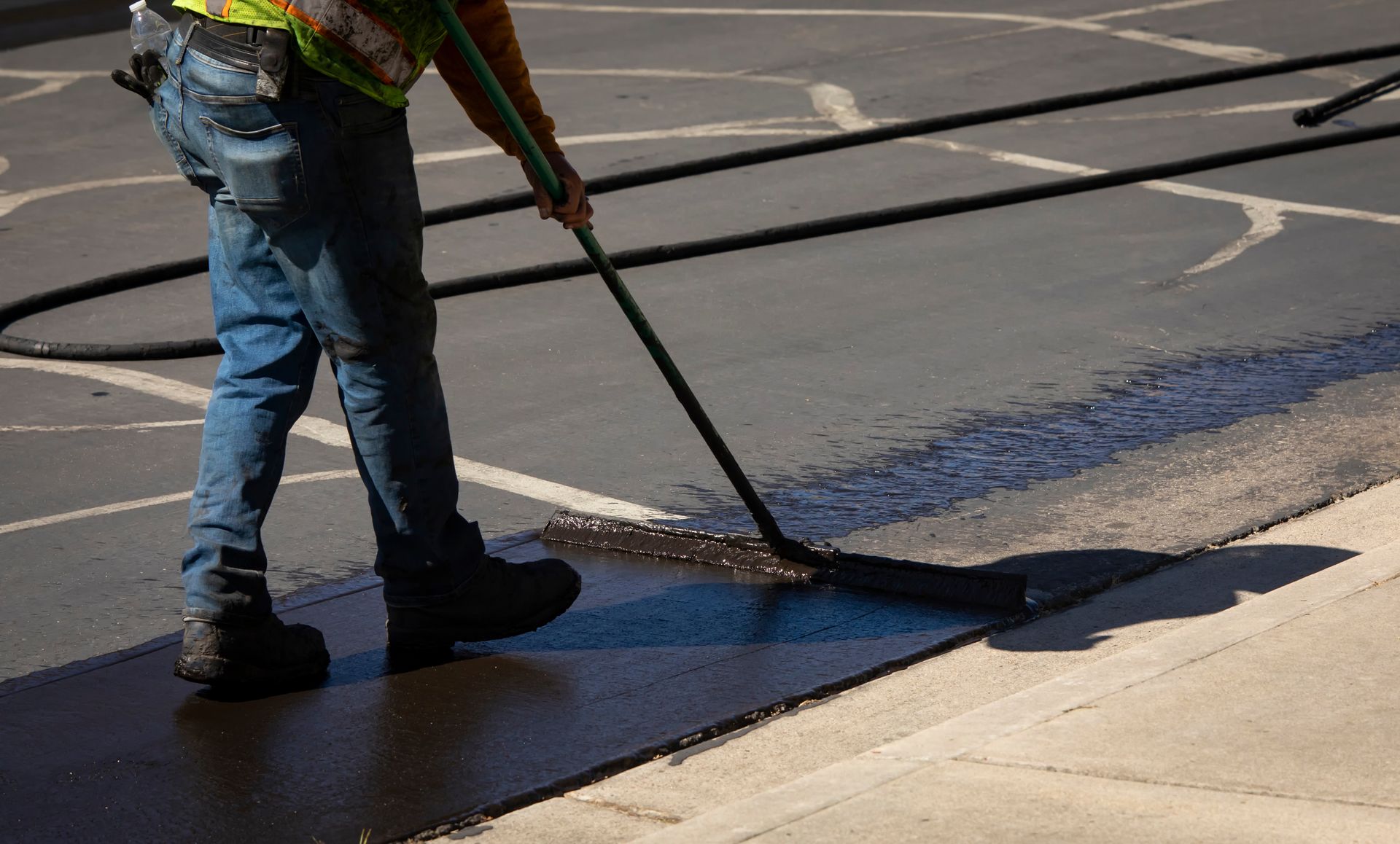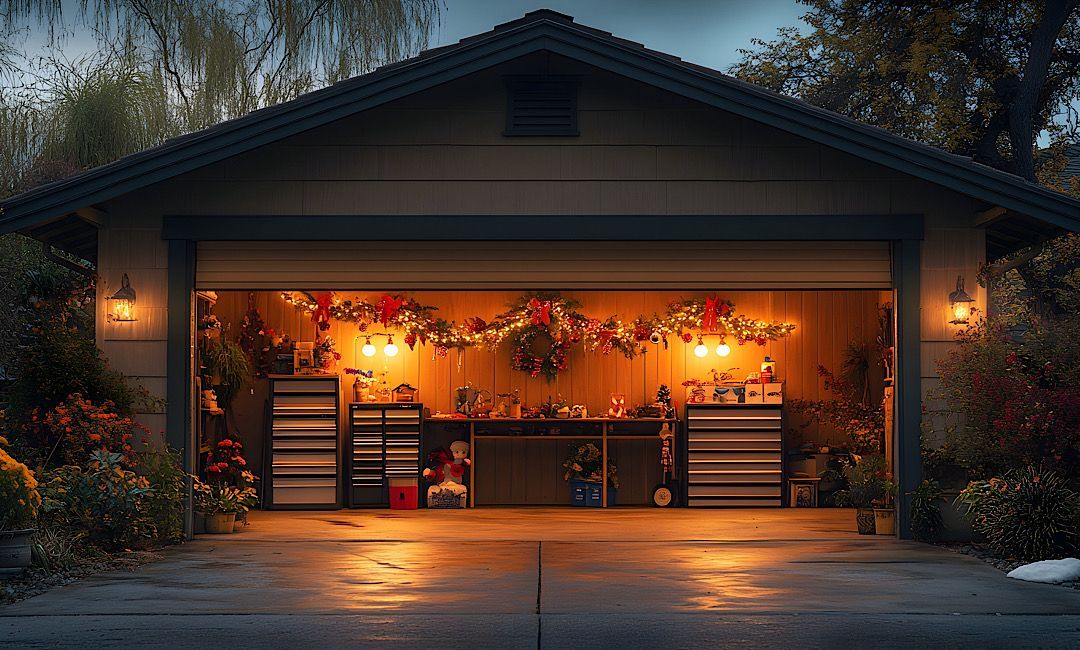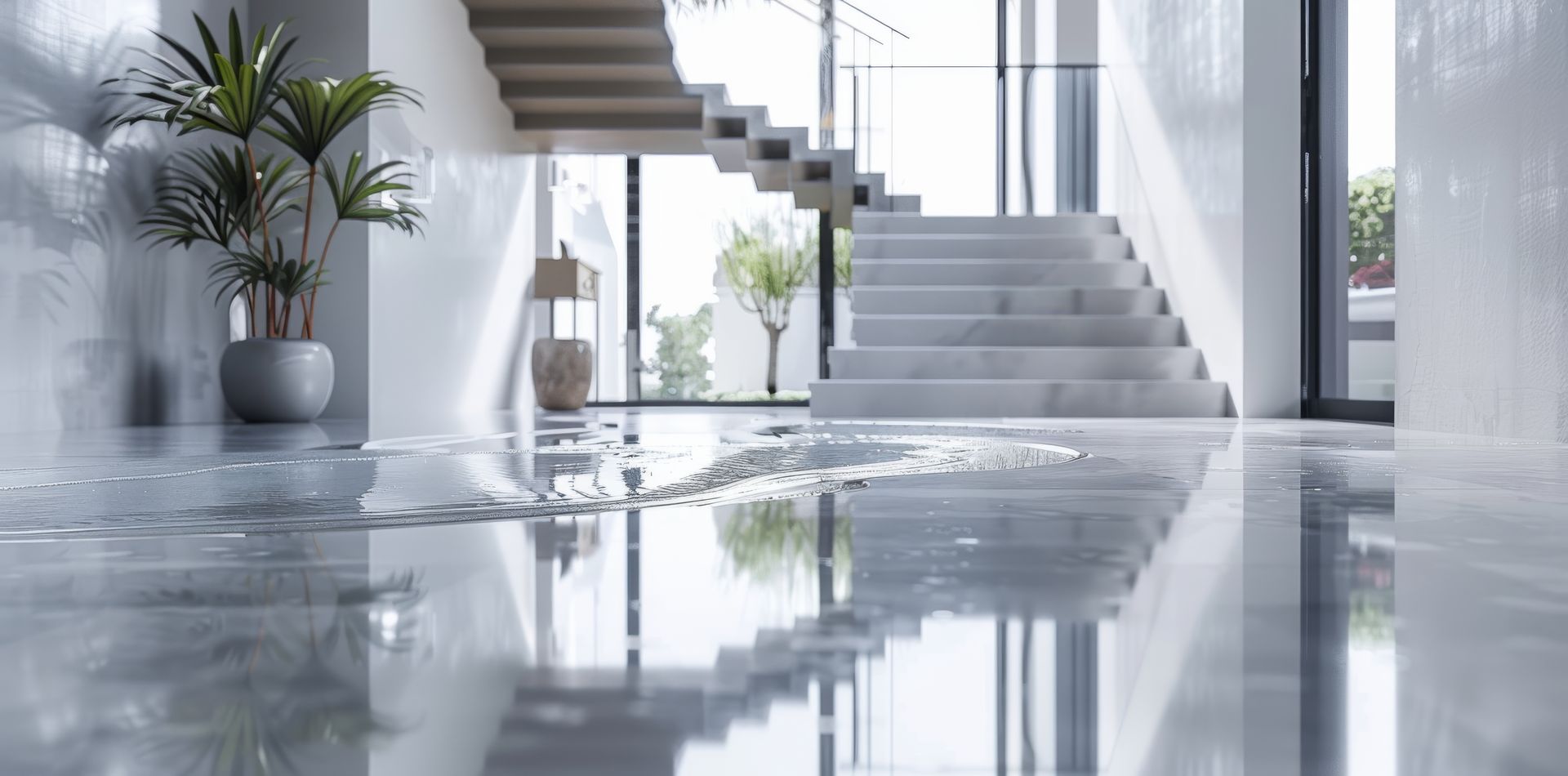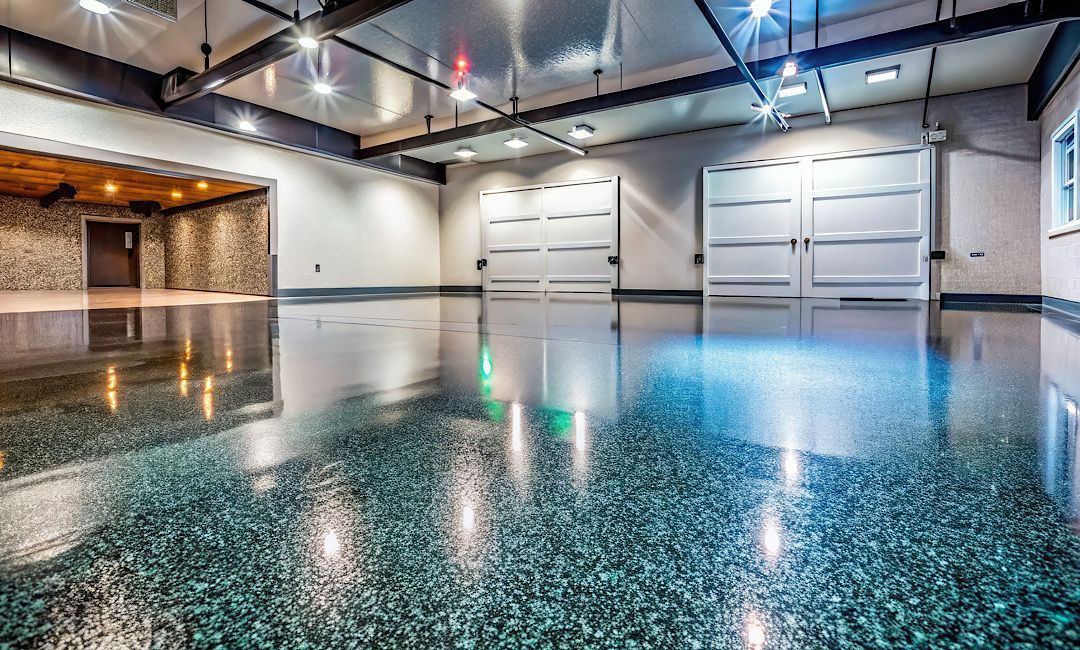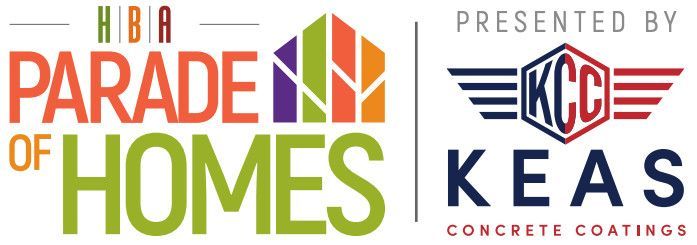Why Choose Polyurea Over Epoxy for Your Basement?
Comparing Polyurea and Epoxy Coatings for Basement Floors
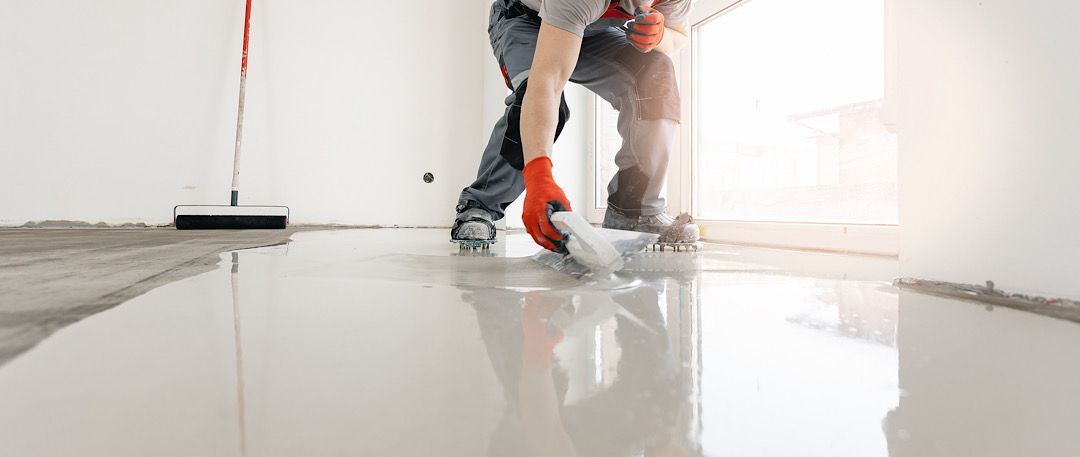
When it comes to selecting the right coating for basement floors, homeowners and contractors often debate between polyurea and epoxy. Both coatings offer protective and aesthetic benefits, but understanding their differences is crucial for making an informed decision. In Denver, where basements must withstand variable temperatures and moisture conditions, choosing the right coating can significantly impact the longevity and functionality of the space. Here, we explore the advantages of polyurea over epoxy, highlighting why it may be the superior choice for basement environments.
Advantages of Polyurea Coatings for Basement Floors
Rapid Curing Time
One of the most significant advantages of polyurea is its quick curing time. Polyurea coatings can cure within hours, compared to epoxy, which often requires several days to fully harden. This rapid curing process minimizes downtime, allowing you to use your basement sooner. For Denver homes, where weather conditions can change quickly, the fast curing time of polyurea ensures that the
coating process isn't prolonged by sudden temperature shifts, which can affect the curing of the epoxy.
Superior Durability and Flexibility
Polyurea is renowned for its durability and flexibility, which are essential for basement floors that must handle significant mechanical loads and potential shifts in the foundation. Unlike epoxy, which can become brittle and crack over time, polyurea remains flexible, absorbing impacts and adapting to slight movements in the substrate. This flexibility makes polyurea an ideal choice for Denver homes, particularly in areas with expansive soils or those susceptible to foundation movements.
Moisture and Chemical Resistance
Basements often face challenges with moisture, which can lead to the deterioration of floor coatings. Polyurea offers superior moisture resistance compared to epoxy, effectively preventing water infiltration and the resultant issues such as mold and mildew. Additionally, polyurea is resistant to a wide range of chemicals, making it suitable for basements that are used as workshops or storage areas where spills may occur.
Low-Temperature Application
Polyurea's chemical properties allow it to be applied in lower temperatures, making it suitable for year-round installation in Denver's varied climate. In contrast, epoxy requires a specific temperature range for application, limiting when it can be applied, especially during Denver's colder months.
Better Aesthetics Over Time
Polyurea maintains its appearance better than epoxy. It is UV stable, which means it won’t yellow or fade over time due to exposure to artificial basement lighting. Epoxy, on the other hand, can discolor and become chalky when exposed to UV light. Polyurea also offers a high-gloss finish that can make basement spaces brighter and more welcoming.
Ease of Maintenance
Polyurea is easier to maintain than epoxy. Its seamless and non-porous surface does not trap dirt or moisture, making it easy to clean. This is particularly advantageous in basements, which may not have the same ventilation or natural light as other parts of a home, potentially complicating maintenance tasks.
For Denver homeowners, choosing polyurea over epoxy for basement floor coatings means investing in a solution that offers longevity, durability, and ease of use. With its rapid curing time, resistance to moisture and chemicals, and ability to withstand harsh conditions without degrading, polyurea stands out as the optimal choice for
ensuring that your basement remains protected, functional, and visually appealing for years to come.
